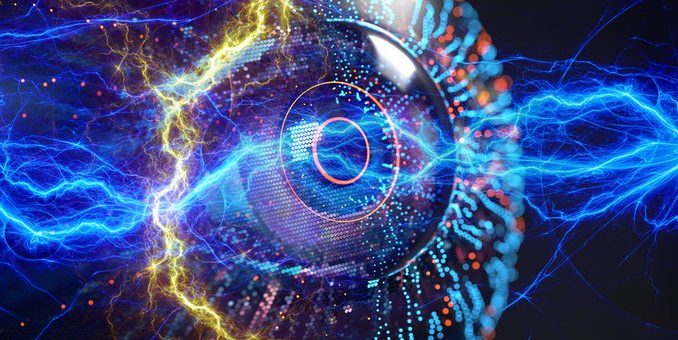
The European Union is negotiating an Artificial Intelligence Act, the world’s first comprehensive law that aims to regulate artificial intelligence (AI) based on the risk it poses to individuals, society and the environment.
However, discussions of AI overlook one significant environmental risk: a potential increase in energy consumption from using it in everyday activities. Without acknowledging this risk, the development of AI may contribute to the climate emergency.
AI can be a double-edged sword. It can be a powerful tool for climate action, improving the efficiency of the energy grid, modelling climate change predictions or monitoring climate treaties. But the infrastructure needed to run AI is energy- and resource-intensive. “Training” a large language model such as OpenAI’s GPT-3, a popular AI-powered chatbot, requires lots of electricity to power data centres that then need lots of water to cool down.
In fact, the true scale of AI’s impact on the environment is probably underestimated, especially if we focus only on the direct carbon footprint of its infrastructure. Today, AI permeates almost all aspects of our digitalised daily lives. Businesses use AI to develop, market and deliver products, content and services more efficiently, and AI influences how we search, shop, socialise and organise our everyday lives.
